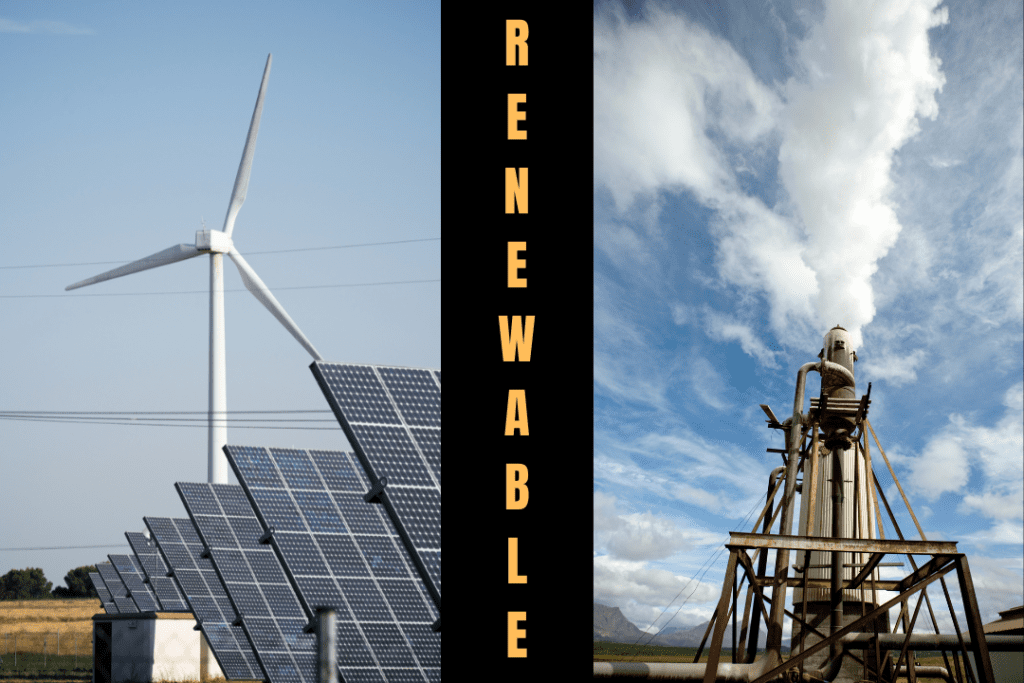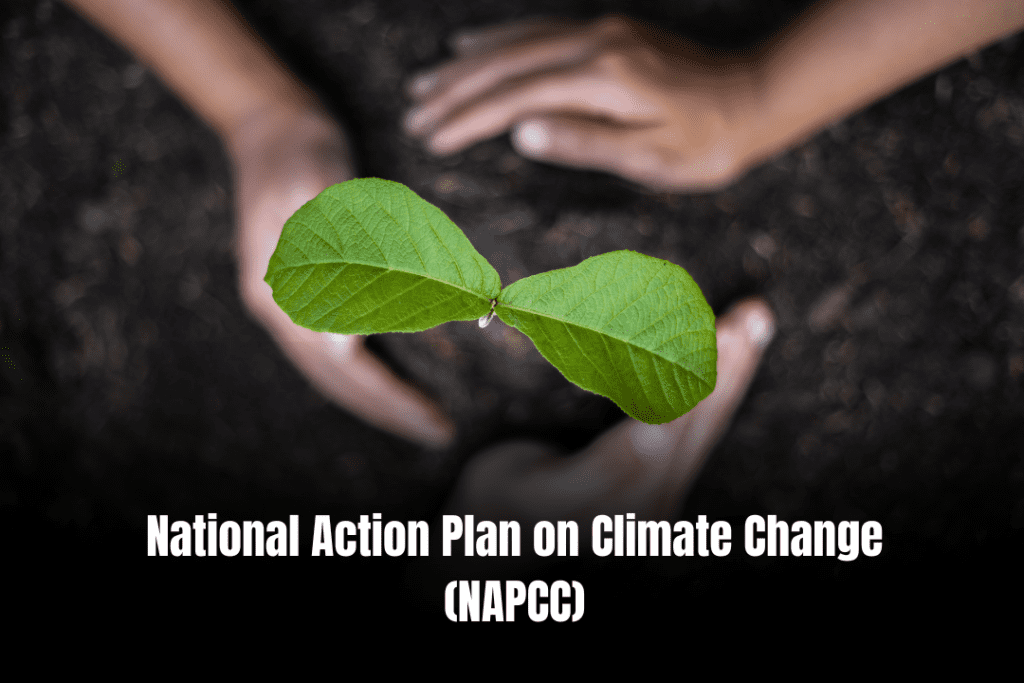Being one of the biggest inhabited countries with a large population, India has made a few moves to counter climate change globally. In the same year, the country remains active in global politics and participates in numerous environmental agreements and conventions. Having laid down the background to this article, it is now pertinent to explore the various aspects of climate change initiatives by India in this piece. let’s understand India’s role in global climate change.
Introduction
In this scenario from 2024, the climate change issue becomes even more critical. Governments are joining forces to address the impacts of climate change and India is one of the world’s active participants. To achieve this, India’s strategic policies and innovative, multifaceted approaches have been central to advancing green development. Indian policies: India is one of the most vital participants in the fight against climate change, as it is both an action actor and a climate change sufferer.
India: Climate Change 2024
India’s climate change plan for 2024 is well-rounded and comprises the following:Plan to reduce greenhouse gas emissions, increase renewable energy capacity, and promote sustainable development. Currently, the government has plans for its net-zero emissions that should be met by 2070, and this shows how much it cares about the global climate. Some of the important policies and programs are the National Action Plan on Climate Change (NAPCC) and the policies started at state level with, necessarily, the objective of conserving the environment.

Renewable Energy Revolution
Renewable energy is one of the most vital elements of India’s response to climate change. The advancement of the country in solar, wind, and hydroelectric power systems, inter alia, in the year 2024, is remarkable. Perhaps the most rapidly growing source is solar energy, whose target is to provide 500 GW of renewable energy installations by the year 2030. Various programs, such as the International Solar Alliance (ISA), an India-led program, aim at enhancing partnership in the deployment of solar energy.

Sustainable Agriculture Practices
The agricultural sector, which is playing a vital role in India these days, is in the process of changing itself to adopt sustainable farming. The government supports organic farming, water-saving technologies, and the application of organic fertilizers. Such measures not only decrease the negative effects of agriculture on the environment but also bolster food security, or at least the source of living, among the growing population of the rural populace.
Afforestation and Biodiversity Conservation
His afforestation and Biodiversity conservation considered as inevitable strategies of India towards climate change. The country is involved in large-scale tree-planting initiatives, including Green India Mission to enhance the cover plants and heal wastelands. Environmental conservation programs seek to preserve threatened species and their natural environments so as to support the provision of ecosystem services.
Urban Planning and smart Cities
Consequent on the above factors, urbanization has a number of concerns, as follows: Environmental sustainability is a major area of concern in consideration of the impacts of urbanization. India is dealing with these challenges through smart cities that promote effective urban planning, proper and sustainable infrastructure, and proper usage of resources. Many of these smart cities are outlined as successful examples of how technology and sustainability can coexist to provide socially and environmentally sustainable urban places.
Climate Finance and International Partnership
India understands the role of climate finance in attaining the country’s environmental objectives. It also engages in international politics, urging for more subsidies and technical assistance for third-world countries. This was demonstrated by India’s leadership in GEF and other international organizations; therefore, the country cannot shy away from international collaboration on climate change.
Public Awareness and Education
Some of the major strategies employed in the context of climate change in India are based on raising public awareness and providing education. The government, with the help of many NGOs, runs awareness programs frequently in order to let citizens know about the need to conserve the environment. A part of schools and universities’ education systems, climate change becomes a concept that is part of the population.
Technological Innovations
Technology as a source of innovation is applied in the climate change efforts of India. It raises significant research and development questions about profitable undertakings like technologies like cars that use electricity, fridges that use less electricity, and green building materials. All the above innovations not only curtail emissions of carbon but also foster economic development and employment opportunities.
Challenges and Future Prospects
However, India still faces some problems in combating climate change. Some of the challenges to sustainable development include increased industrialization, increased population, and increased economic differentiation. Nonetheless, these are partially offset by the government’s unrelenting focus and politically motivated measures; thus, the organisational prerequisites for tackling these challenges are more than reassuring. The future goals of India include better climate preparedness and COPing with new threats that are accepted in the field of ecology.

India’s Engagement in the Fight Against Climate Change
This is evident through India’s engagement in international climate change treaties and framework conventions. The country was among the first to sign and support the Paris Agreement and supports ever more ambitious climate action at the international level, including COP24. India’s acts for equity and justice in climate policies are recognized and appreciated at the global level.
Renawable Energy Expansion
This paper will show India as a great example of renewable energy development. The country’s focus on solar and wind power means that there will be less reliance on the use of fossil fuels while at the same time generating income. With the help of schemes such as Pradhan Mantri Kisan Urja Suraksha evam Utthaan Mahabhiyan (PM-KUSUM), Farmers are being facilitated to adopt renewable energy systems in the country in order to develop the rural economy and bring light at the sunrise.
Climate Adaptation Strategies
Thus, adaptation measures are vital in managing the emerging effects of climate change. India has been operating several initiatives to improve its climate exposure, specifically to the various areas of the country. The other goals associated with projects such as the National Mission for Sustaining the Himalayan Ecosystem and the National Mission on Sustainable Habitat are geared towards managing climate risks to ecosystems and communities.

Water Resource Management
Efficient water resource management is one of the key components in fighting climate change in India. It encourages the community to Integrated in integrated water resource management, such as rainwater harvesting, development of watersheds, proper irrigation practices, etc. All these strategies are geared towards the achievement of water security and the minimization of effects of drought and floods.
Energy Efficiency and Conservation
Thus, energy efficiency and energy conservation are driving the reduction of greenhouse gas emissions in India. Some of these activities include: Industrial energy management: the BEE is involved in promoting energy efficiency and energy management tools for industries. The scheme, such as Perform, Achieve, and Trade (PAT), seeks to encourage industries to use energy-efficient equipment.

Sustainable Transportation
Environmentalism and sustainability for the mobility of the masses are two of the major concern areas India envisions in 2024. The government is investing in the provision of public transport, electric cars, and infrastructure for non-motorized transport. All these endeavors have the common goal of decreasing the emissions of the gaseous pollutants, decreasing carbon footprint, and improving the transport channels in the cities.
Circular Economy Initiatives
The system of circular economy is gradually entering India as a solution to increase resource use and decrease waste. Currently, it has been observed that the government and private-operated companies and organizations are working towards the idea of recycling many of these materials and reducing waste so as to support better production and consumption processes.
Community-Based Approaches
It is therefore significant to adopt communal-based strategies in implementing climate change interventions. India has several policies regarding community involvement in the conservation and protection of the environment, including Joint Forest Management and the Mahatma Gandhi National Rural Employment Guarantee Act. These interventions enable local communities to have the opportunity to manage interests in natural resources for sustainable development.
India Climate Actions 2024
India’s climate actions in 2024 result from a sustainable development framework that incorporates economic, social, and environmental dimensions. The flow of the government’s policies and programs is such that it is concentrating on sustainable development and climate justice. Thus, India, relying on both economic growth and environmental preservation, can become an example for other developing countries.

International Solar Alliance (ISA)
Thus, the organization known as the International Solar Alliance, launched by India and France, is one of the initiatives that seeks to advance solar energy use. The commitment of the ISA is to mobilize more than one trillion US dollars by 2030 in order to facilitate the use of solar energy in member countries. ISA leadership in India proves that the country is part of the global effort to shift towards renewable energy sources.

Green India Mission
The Green India Mission is one of the most ambitious programs launched to increase forest space and overall environmental strength in the country. It also simplify the mission to concentrate of afforestation, eco-restoration, and sustainable forest management. Thus, this mission has the implication of enhancing carbon stock or reducing carbon emissions through the enhancement of green cover.

National Action Plan on Climate Change (NAPCC)
The strategy to address climate change in India is provided under the National Action Plan on Climate Change (NAPCC), which focuses on eight national missions. They cover many of the climate change themes, such as solar energy, increased energy efficiency, global food productivity, and water usage. The NAPCC gives an exhaustive structure to India’s climate actions.
FAQs
Regarding India’s contribution to the challenge of climate change, what can be said?
India is actively participating through renewable energy, green agriculture, afforestation, and partnerships. ISCODE and the Mission for Green India are some of the proofs of its dedication to a sustainable environment.
What renewable energy targets has India set for the year 2024?
India has set an ambitious target of 500 GW of renewable energy by the year 2030, of which the planned focus is on both solar and wind power. Major interventions like PM-KUSUM are also being undertaken by the government to provide farmers with renewable energy solutions.
What measures are being adopted by India for climate adaptation?
India is practicing climate adaptation via projects such as the National Mission for Sustaining the Himalayan Ecosystem and the National Mission on Sustainable Habitat. Specifically, these initiatives concern threatened ecosystems and population groups.
How significant is the use of technology in combating the menace of climate change in India?
They noted that technology is fundamental to fulfilling India’s climate change objectives. The country invests in research and development of products that can help minimize the effects of climate change, like electric cars, energy-consuming products, and materials used in constructing green buildings.
What measures has India taken to engage the general public in issues of climate change?
India engages in public sensitization programmes and sees that climate change is included in school syllabuses. Thereby, the government and NGOs provide information to citizens on the significance of environmental preservation and sustainable usage.
What difficulties does India currently encounter in the process of climate change mitigation and adaptation?
India has issues such as industrialization, population, and being an economically distressed region. However, there is a good premise for the main challenge of proactive government policies and sustainable development commitments.
Conclusion
India’s place in the world in tackling climate change in 2024 is strategic. Thus, using new policies, new technologies, and international cooperation, the country has a good opportunity to create the basis for a sustainable future. Where India is still attempting to strike a fine balance between the twin processes of economic development and environmental conservation, its food provides political leadership as well as commitment at the climate level for the entire world.
Climate Change and Global Food Security in 2024: A Looming Crisis








0 Comments